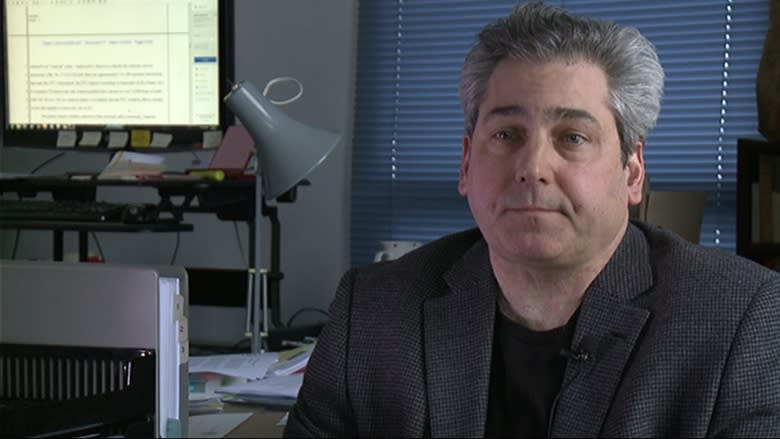Tax tussle: Shaw loses bid to claim customers 'bought' paper invoices
An extensive court battle has seen Shaw Communications lose a bid to transfer tax responsibility for the cost of paper invoices onto the shoulders of customers.
The B.C. Court of Appeal has dismissed the cable giant's argument that it shouldn't have to pay $1.66 million in provincial sales tax related to the material used to produce four years' worth of physical bills.
In doing so, the judges rejected the company's claim that customers who insisted on getting paper invoices from 2005 to 2009 were actually buying the paper their fees were printed on.
"Shaw contends that the tax burden fell on the final or 'end user' of the paper invoices, namely its B.C. customers who elected to receive paper over electronic invoices," the appeal court decision reads.
"Consequently, it maintains, the cost of the paper invoices was recouped from its customers when they paid their monthly charges."
'Pay-to-pay' practices
The case began with an assessment issued by B.C.'s Ministry of Finance in 2009.
The company paid the $1,666,919.17 provincial sales tax bill but then filed a refund to reclaim the money. The claim was denied and Shaw went to B.C. Supreme Court, where it also lost.
B.C.'s top court dismissed an appeal of that decision last week.
The issue falls into the ongoing controversy around attempts by telecommunications companies to charge customers who still want to receive paper invoices.
The federal government introduced legislation forbidding so-called "pay-to-pay" practices after the CRTC looked into the practice in 2014.
John Lawford, executive director of the Ottawa-based Public Interest Advocacy Centre, says the amounts may seem trivial, but the underlying principle is anything but.
"The reason why they ended up with a CRTC rule saying don't charge for paper bills and why the Court of Appeal is saying it's your fault to pay the tax on paper bills is the same," he says.
"It's because it's your business expense — cut it out."
Who owns the paper invoice?
The invoices were mailed from Shaw's Alberta headquarters to customers in British Columbia. According to the appeal court decision, the cost of producing each one was about seven cents.
The legislation governing provincial sales tax in B.C. considers the invoices "tangible personal property."
But whose property?
The rules say that unless someone else bought the physical invoice, tax liability would fall on the person who provided them to consumers — and in this case, that 'person' is Shaw.
According to the original B.C. Supreme Court decision, Shaw claimed "there can be no dispute that the customer acquired the paper invoice."
The company claimed the bill was part of its package of services.
"Shaw asserts that the customer had total control over the paper invoice," the ruling reads.
And customers could do with it as they saw fit: keep it for their records, use it for tax purposes and stick it to the fridge.
Judges considered 1965 case
But the province of B.C. argued that Shaw's sole purpose in mailing paper invoices to B.C. customers was to "trigger their obligation to pay the charges for the telecommunications services they had contracted from Shaw."
They pointed out that Shaw didn't charge customers anything extra for a paper bill.
At the time, companies like Bell and Telus were charging $2 for paper bills.
In reaching a decision, the judges considered a 1965 case in which Army and Navy attempted to offload a portion of provincial sales tax by arguing that customers were actually buying the tags and labels the store attached to clothes.
But the judge in that case disagreed.
"It does not follow that because the cost of the tags and labels is included in the price paid by the customer therefore the customer is a purchaser of such tags and labels," the judge wrote.
"The mere fact that the buyer has been secretly charged with the price of the tag or label is not the test."
'It's millions and millions of dollars'
The original Supreme Court decision also noted that — despite the legal argument — Shaw told the CRTC it didn't charge customers for paper bills.
"Shaw does not dispute that it advised (the CRTC) in July 2013 that it did not charge customers a fee to receive a paper invoice, nor did it provide a monthly billing discount as an incentive to customers to switch to electronic billing," the ruling says.
"It also does not dispute that the CRTC requires that it not charge customers for paper invoices."
Lawford said the issue underscores the need for consumers to hold large companies accountable for every penny.
"They're still utility-type services, and utility-type services end up with these little niggly charges, and it's very hard for consumers to follow. But it matters in the aggregate," he says.
"It's millions and millions of dollars."
Shaw Communications refused comment.



